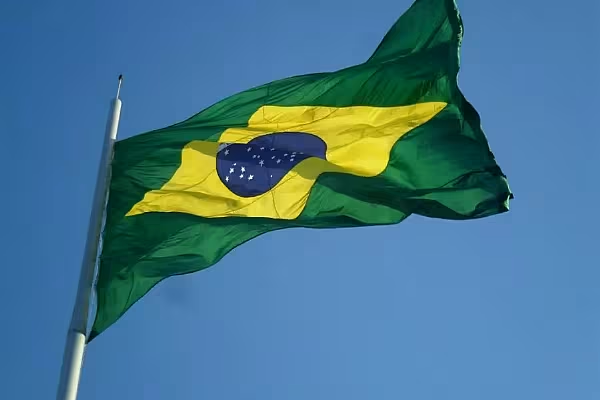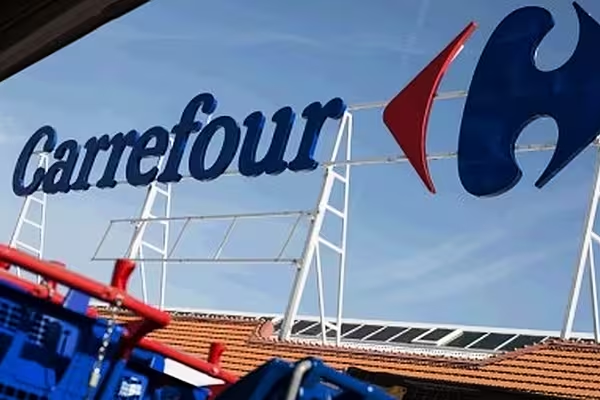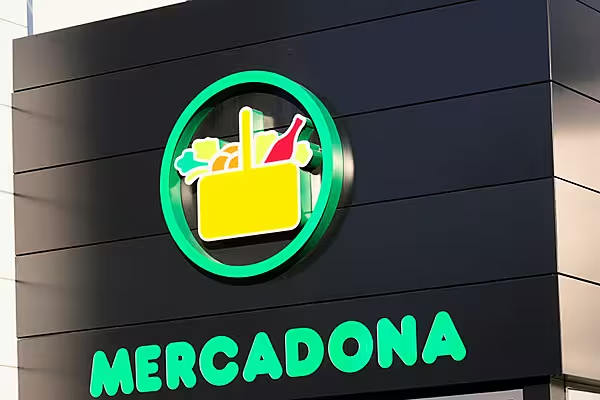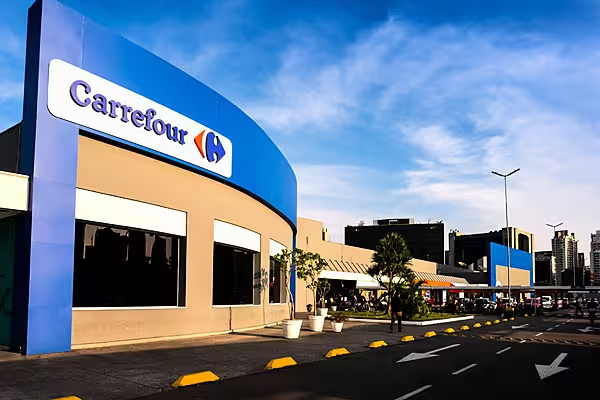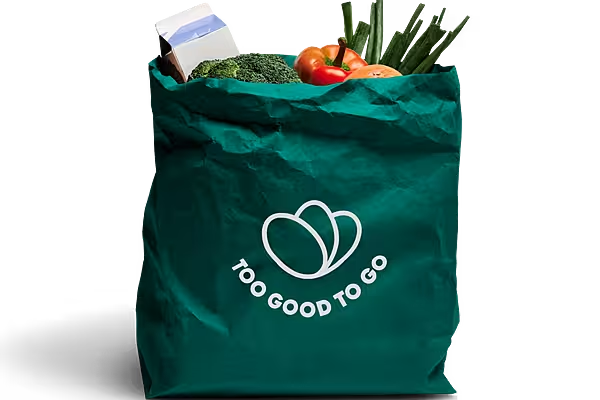Brazilian supermarkets broke the barrier of R$1 trillion (€184 billion) in revenue last year, corresponding to 9.2% of GDP, according to the Brazilian Supermarket Association (Abras).
The annual supermarket and wholesale ranking shows strong performances from regional retailers and investment-backed groups. Meanwhile, established chains like DIA are facing challenges.
Top Retailers
The top five positions remained unchanged, with Carrefour emerging as the overall leader for the eighth year, generating R$115.5 billion (€21.2 billion) in sales (+6.9%).
Second-placed Assaí Atacadista saw 22% growth, to R$72.8 billion (€13.4 billion), followed by Grupo Mateus, at R$30.2 billion (€5.5 billion) – a 30% increase, year on year.
GPA, with R$20.6 billion, and Supermercados BH, with R$17.4 billion (+24.3%), rounded off the top five.
Other strong performers were the regional chain Muffato, with sales growth of 30%, to R$12 billion (sixth position), and Grupo Koch, which saw 24% growth, to R$8 billion (tenth position).
Store Openings
Much of this positive result is due to the increase in the number of stores, which, according to Abras, went from 94,700 in 2022 to 414,663 in 2023 – or 340% growth. In total, there are more than 318,300 supermarkets in the country.
On the opposite end, Spanish supermarket chain DIA dropped from 15th to 18th place in the rankings. The company went into judicial recovery due to heavy debt, rising interest rates, and a struggling discount store model, resulting in the closure of around 343 stores.
The retailer noted that it plans to focus its activity in the São Paulo area, where it will continue to operate 244 stores. This will ensure that the ‘business has greater profitability, and the concentration of stores allows it to capitalise on the logistics network and reduce costs,’ it noted.
